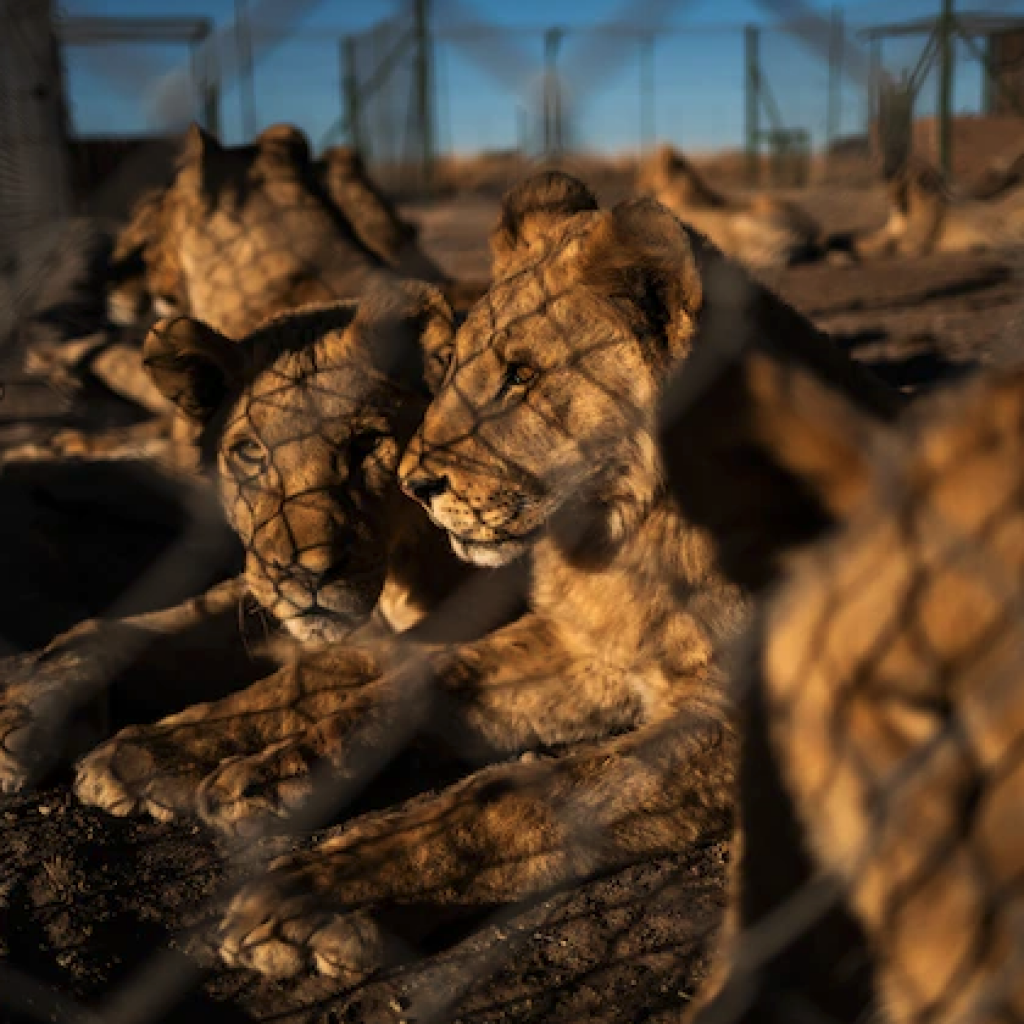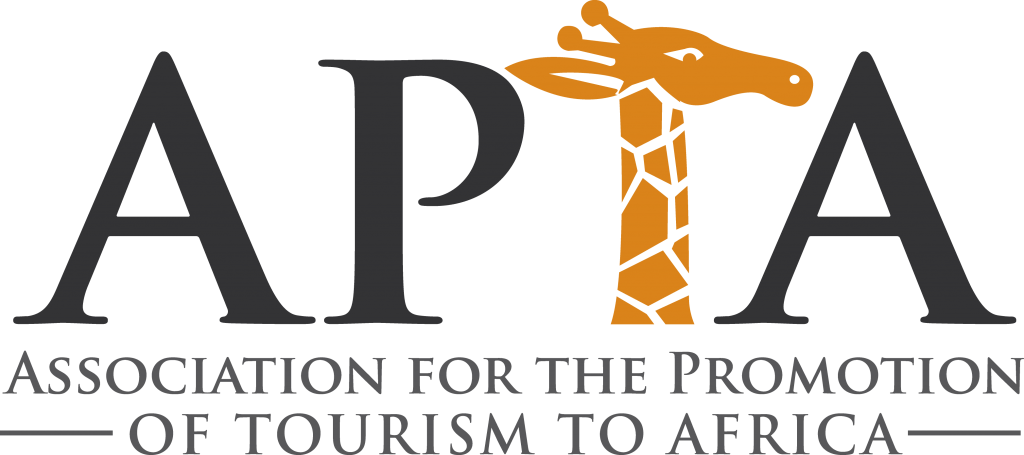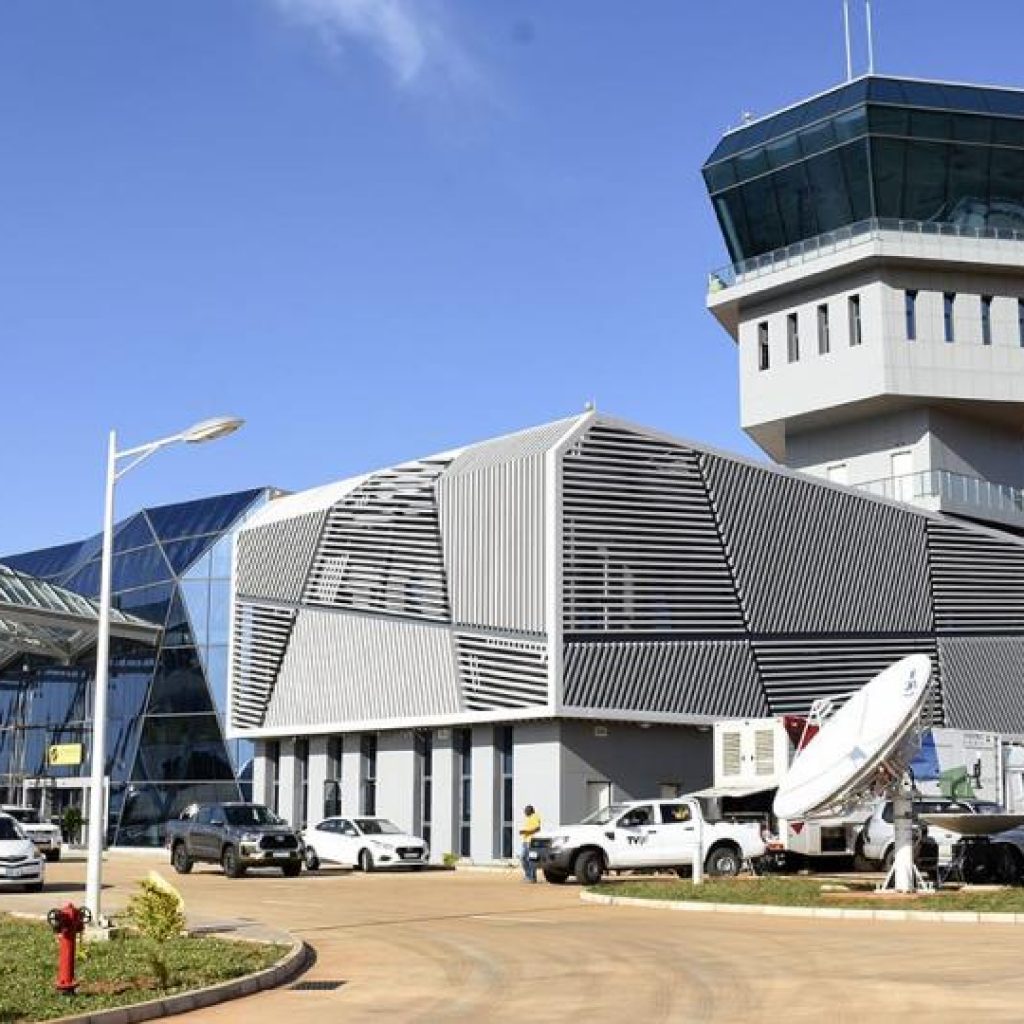
South Africa has taken steps to end its multimillion-dollar lion-breeding industry, which supplies cubs for tourism, lions for trophy hunts, and bones for traditional medicine.
In a statement on May 2, Barbara Creecy, the minster of South Africa’s Department of Forestry, Fisheries and the Environment, acknowledged the “view that the captive lion breeding industry did not contribute to conservation and was doing damage to South Africa’s conservation and tourism reputation.”
With this announcement, the government will stop issuing permits to breed, keep, hunt, or interact with captive lions and is revoking current breeding permits. A number of factors are thought to have influenced this decision, including growing public opposition to the industry for being inhumane, possible links between legal and illegal trade in lion bones, and greater understanding of the diseases that animals can pass to humans.
It’s estimated that there are between 6,000 and 8,000 captive lions in private facilities throughout the country, but Ian Michler, the director of Blood Lions, a South African nonprofit dedicated to ending the captive lion industry, says there may be as many as 12,000.
There are about 2,000 wild lions in South Africa and an estimated 20,000 continent-wide. Their numbers have fallen by about half during the past quarter century as habitats have become fragmented and prey animals such as antelopes have become scarcer. Meanwhile, lions are coming into contact with people in rural communities more often, with deadly results for both. And according to Creecy, the legal trade in captive lion parts could increase poaching of wild populations.





About The Author: David DiGregorio
More posts by David DiGregorio